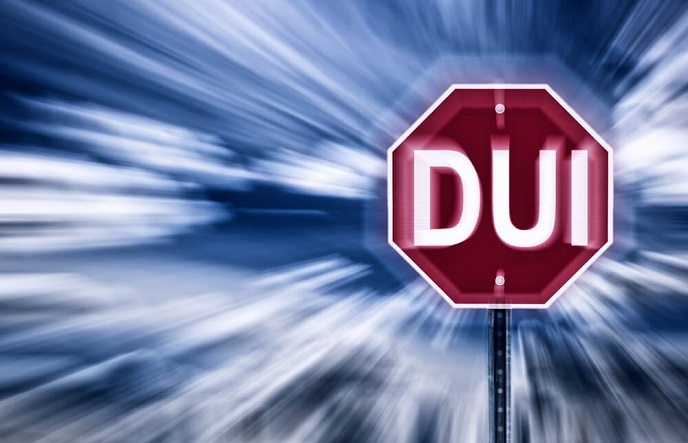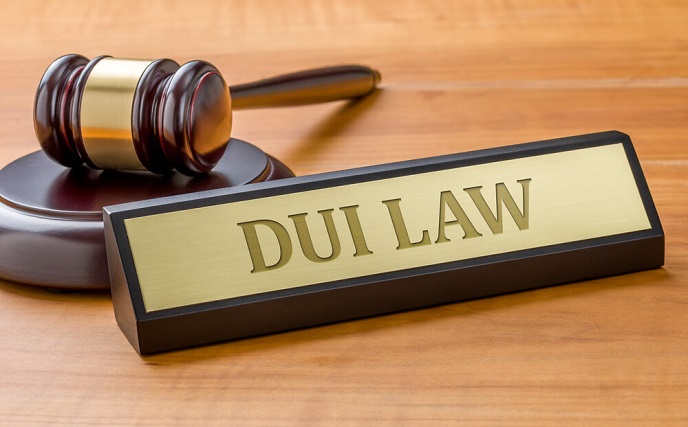Bringing a Civil Suit Against a Driver Facing Criminal Charges


Can you sue a driver who is already facing criminal charges for causing you serious bodily harm while driving under the influence of drugs or alcohol?
Yes—although you may decide to wait until after the criminal trial plays out to pursue your case as a matter of strategy.
A lot of victims is confused about their ability to bring a civil suit against a drunk driver that’s already facing criminal charges for his or her actions. It’s important to understand that criminal charges are pursued by the prosecutor’s office on behalf of everyone in the state—not on your personal behalf, even though you may be required to testify, and your injuries may be strongly featured as part of the case.
By comparison, a civil suit is brought only by a private attorney on behalf of his or her client. There is no prosecutor involved in a civil case. If you are the victim, you would be called the plaintiff in the case. As the plaintiff, you would ask the court to order the defendant to pay for your economic and non-economic losses as a result of the accident.
Most of the time, you’ll actually be asking for compensation from the defendant’s insurance company. While the defendant may have either a court-appointed defense attorney or a private attorney that he or she pays personally representing him or her in the criminal trial, the insurance company is likely to provide the defendant with a different attorney to handle the civil trial.

The reasons for this are two-fold. First, civil trial procedure is vastly different than criminal trial procedure, so many attorneys work in one or the other. It’s unusual to see one attorney represent the same defendant in both types of cases. Second, the insurance company is usually the entity that stands to lose something—money—in a civil trial, so the company is protecting its own interests by defending its client.
Don’t be surprised if your civil attorney recommends waiting for the criminal trial to come to an end before pursuing or settling your civil case. Since the standard of conviction for a criminal case is much higher than that of a civil case, being able to show that a criminal court found the defendant guilty of the accident can make proving your case significantly easier.
Source: South Carolina Legislature, “South Carolina Code of Laws Unannotated Title 56 – Motor Vehicles Chapter 5 (Section 56-5-2045),” accessed Jan. 27, 2017